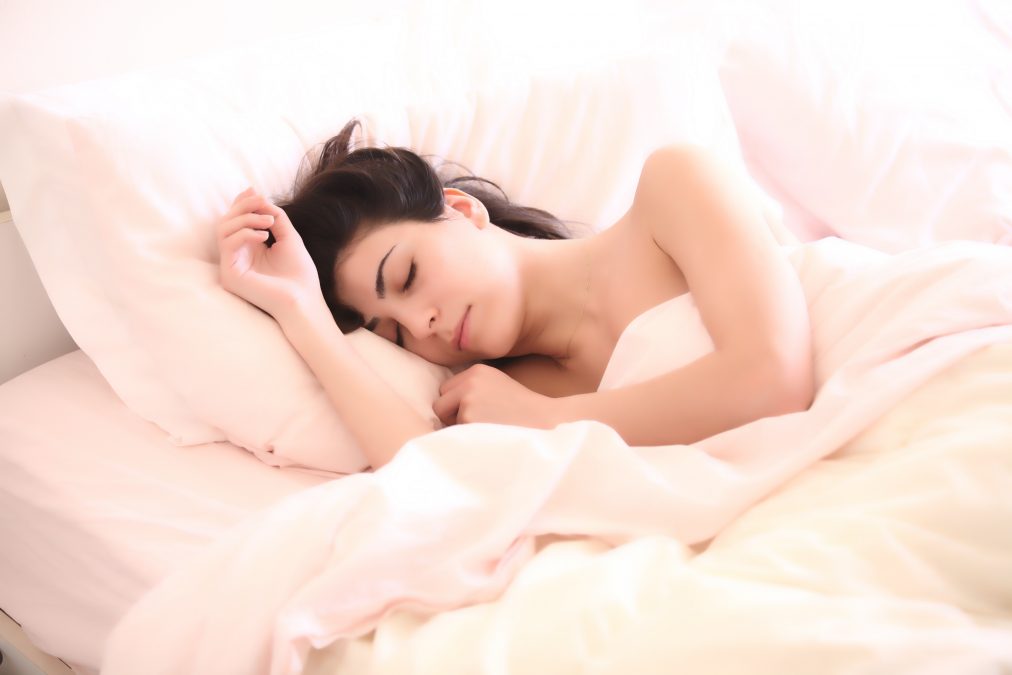Sleep and your health

When thinking of a balanced and healthy lifestyle, there are 3 things that are frequently discussed: good quality and sufficient sleep, a balanced diet and regular exercise.
Sleep has a lot of implications on health, pain and our function beyond what is appreciated. Sleep has a critical role to play in proper immune function, tissue healing, pain control, cardiovascular health, cognitive function, and learning and memory. Furthermore, we’re finding that the total amount of sleep is not the only thing that matters, the quality of sleep known as sleep hygiene, is just as important. In studies where sleep was restricted or disrupted, healthy adults were found to have increased reports of pain. Let’s discuss some strategies that can instantly benefit your ability to get good quality restorative sleep.
- Sleeping in a cool room is easier than a warm room. When we fall asleep, our body has to lower our core temperature, so sleeping in a cool room will help you on the way.
- Regularity helps a lot. Go to sleep and wake up at the same time. This will help us regulate our biological clock, especially with exposure to natural light when we wake up.
- Develop a good bedtime, wind-down routine. Consider reading a book, meditation or stretching in the hour leading to sleep. Avoid over-stimulating activities like vigorous exercise, watching TV or even a heated argument!
- Caffeine can make it harder to fall asleep and increase the number of times you wake up so avoiding any caffeinated drinks at least 4 hours before bedtime can be a useful strategy. It takes 6 hours for us to metabolize half our caffeine intake and caffeine can stay in our system up to 12 hours later.
- Restrict your feeding window to at least 2-3 hours before going to bed. This is mainly to reduce the risk of reflux disease. If you are hungry, a light snack can help but try to refrain from having big meals closer to bed time.
- Keep your bedroom comfortable and relaxing. Think of reducing disturbing noises, reducing the amount of light in the room and this one is usually the hardest for most of us, avoiding watching TV, the use of cellphones, tablets or computers for at least 30 minutes before bedtime to limit exposure to blue light. Blue light can disrupt melatonin production which helps regulate our biological clock.
This is not an exhaustive list but it is a good start to get your sleep back on track. If you have trouble sleeping, this should be discussed with your therapist or healthcare provider.
Iyad Salloum, MPT, IMS

About twice a month our therapists will be posting answers to commonly asked questions. So, if you have a burning question that you want answered let us know in the comments below.
We can cover anything ranging from active rehabilitation, to injury prevention.
This week our featured therapist is Iyad Salloum. To learn more about Iyad check out our PhysioWorks team.


Leave a Reply